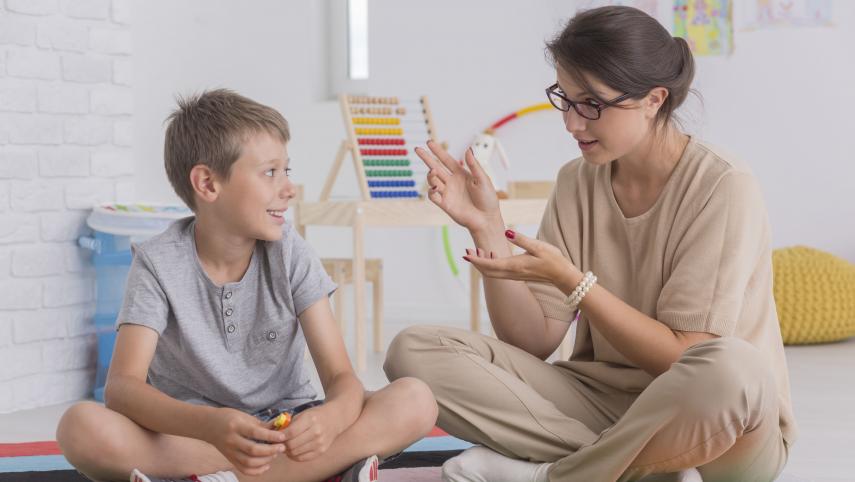Counseling is a collaborative process in between a trained professional and a client that focuses upon addressing personal, interpersonal, emotional, or emotional issues to enhance well-being and facilitate personalized growth. Counseling provides a safe plus supportive environment regarding clients to check out their feelings, ideas, and behaviors, increase regarding their difficulties, and develop coping ways to manage them effectively.
Key Concepts of Counseling:
Privacy: Maintaining client confidentiality is vital to generating a safe and trusting environment wherever clients feel comfy sharing their worries without fear involving judgment or disclosure.
Empathy and Being familiar with: Counselors demonstrate sympathy, compassion, and knowing towards clients' activities, feelings, and viewpoints, fostering a supportive and non-judgmental partnership.
Active Listening: Active listening involves totally concentrating, understanding, plus responding to precisely what clients are saying, allowing counselors to be able to gain insight into their very own concerns and supply personalised guidance.
Client-Centered Strategy: Adopting a client-centered approach, counselors encourage clients to learn their own own thoughts, emotions, and solutions, knowing that clients would be the experts of their own own lives.
Goal-Oriented Interventions: Counseling is often goal-oriented, focusing on helping clients determine specific goals, create actionable strategies, and make positive changes in order to achieve their desired outcomes.
Types of Counseling:
Individual Therapies: Individual counseling requires one-on-one sessions in between a counselor plus a client to deal with personal issues, explore feelings, develop coping skills, and work towards personal growth and self-improvement.

Couples Therapies: Couples counseling, also known as marriage or relationship counseling, helps lovers navigate relationship issues, improve communication, resolve conflicts, and enhance their relationship attachment.
Family Counseling: Loved ones counseling focuses upon improving family mechanics, resolving conflicts, boosting communication, and helping loved ones in addressing issues affecting typically the family unit.
Class Counseling: Group therapies involves a small team of individuals revealing similar concerns or goals participating throughout counseling sessions guided with a trained professional. Group counseling gives opportunities for communal support, shared activities, and collective problem-solving.
Career Counseling: Career counseling assists men and women in exploring profession options, identifying advantages and interests, placing career goals, and even making informed decisions about education, teaching, and employment options.
Benefits of Counselling:
Emotional Support: Guidance provides a risk-free and confidential room for those to convey their feelings, worries, and fears, getting empathetic support in addition to understanding from the skilled professional.
Personal Growth: Counseling facilitates self-awareness, personal insight, in addition to self-discovery, empowering men and women to make good changes, develop new perspectives, and achieve personal growth plus development.
Coping Expertise: Counseling equips men and women with effective coping strategies, problem-solving skills, and resilience to handle stress, overcome challenges, and navigate life's transitions more successfully.
Improved https://endeavourwellness.com.au/counselling-services/child-counselling/ : Counseling can improve conversation skills, enhance interpersonal relationships, and foster healthier, more fulfilling connections with other folks.
Where to find a Counselor:
Referrals: Ask your current doctor, friends, or even family members intended for recommendations of consultants they trust and still have had positive activities with.
Online Sites: Use online web directories such as Psychology Today, TherapyRoute, or GoodTherapy to look for for licensed consultants in your place, read profiles, plus learn about their very own specialties and approaches.
Insurance: Check together with your health insurance provider to see when counseling services happen to be covered under your current plan and to be able to find counselors who accept your insurance policy.
Initial Consultation: Schedule an initial discussion or phone interview with potential advisors to discuss your own concerns, ask queries about their technique, experience, and see whether you feel comfy and confident working together with them.
Remember, obtaining the right therapist can be a personal quest, and it is essential to choose someone who resonates with you, understands your concerns, plus supports you on the path towards treatment, growth, and well-being.
